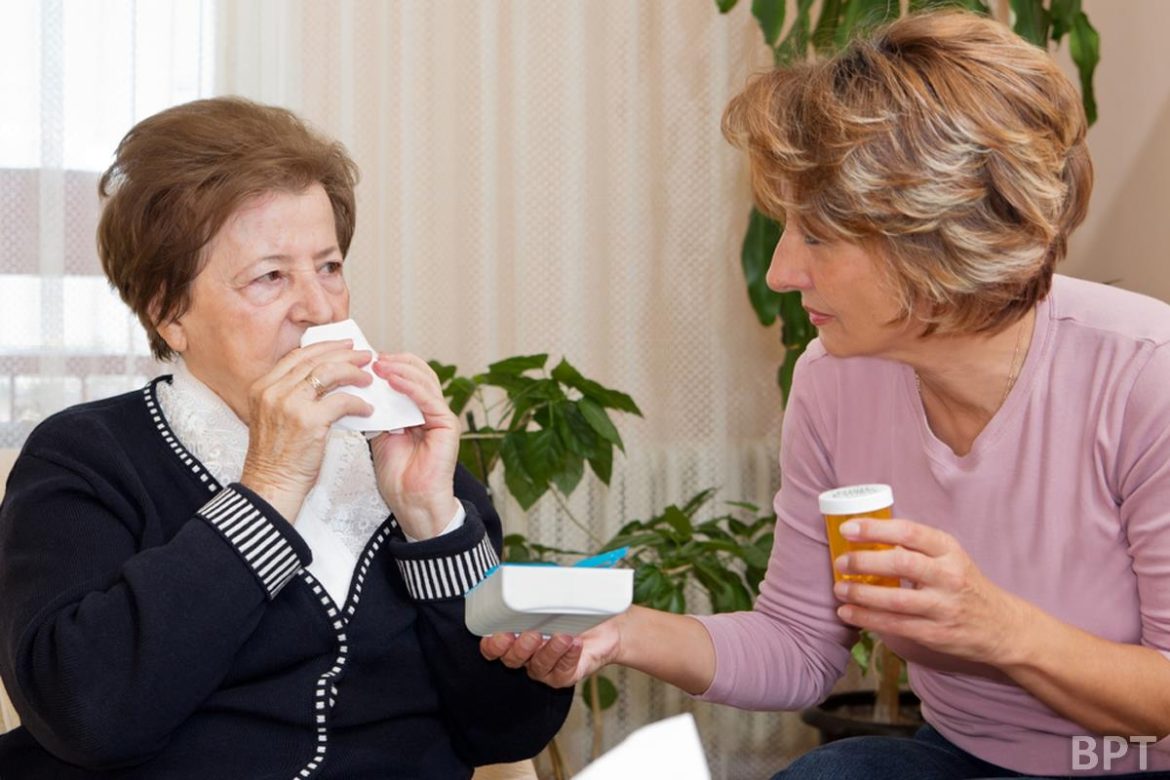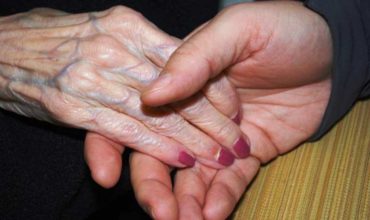Approximately 42 million Americans provide unpaid care to an ill or disabled adult and new research shows the stress associated with this responsibility can have a negative effect on a person’s health.
Express Scripts research paired an analysis of prescription claims with a telephone survey of more than 12,000 commercially-insured Americans ages 18 to 65, and discovered use of medications to treat stress-related conditions, including high blood pressure, depression, anxiety and ulcers, is higher among caregivers. In fact, the use of anti-anxiety medications is 29 percent greater with caregivers compared to non-caregivers.
“As a member of the ‘sandwich generation’ I know first-hand how hard it can be to care for everyone who needs you, including yourself,” says Paul Reyes, Express Scripts’ pharmacist and host of the Ask the Pharmacist radio series. “But if your role as a caregiver negatively impacts your own health, no one benefits.”
Caregivers are the unsung heroes of our healthcare system, helping many people live with dignity within their community. With the demand for caregivers expected to increase as baby boomers reach age 65 (the 65+ age group is expected to top 70 million in 2030), it’s important that caregivers know how to prevent their important role from deteriorating their own health.
Reyes offers these tips for caregivers to keep their health on track:
* Practice healthy habits: Daily exercise and a good night’s sleep can reduce stress and improve health. Those with a busy lifestyle can start small by building in five to 10 minutes of physical activity into their day and going to bed a few minutes earlier each night.
* Make personal time a priority: Set aside time every day – even a few minutes – to socialize with family and friends, read or meditate. If your loved one receives Medicare or Medicaid services, speak with a caseworker about respite resources for extended time off.
* Don’t ignore depression: Understand what signals signs of depression: continuous low mood, low self-esteem, lack of motivation, neglecting hobbies and unexplained aches and pains. If you think you may be depressed, talk to your doctor immediately and consider caregiving support groups or professional counseling.
* Use online resources: At Express Scripts, their website and mobile app can make managing prescriptions for you and your patient easier, and reduce the administrative burden associated with care-giving. Home delivery can be a convenient way to receive medications and ensure you don’t miss a dose, and specialist pharmacists, who understand your unique needs, can provide additional support and counsel for you and your loved one.
* Don’t do it alone: Talk with your family members, friends, neighbors, your religious community or local civic organizations like the Boy and Girl Scouts of America – about available support services. The Department of Health and Human Services has an online resource to help connect caregivers with locally available support services.
For more resources and information on ways to keep your health in check, visit Express Scripts’ Healthcare Insights blog at http://lab.express-scripts.com/.
Related items
How to Take Care of Yourself While Taking Care of a Loved One?
Remember: your needs are important too! Caring for a loved one is an emotional task and ca
What is Cholesterol?
Cholesterol is a waxy, fat-like substance that’s found in all cells of the body. Your body






